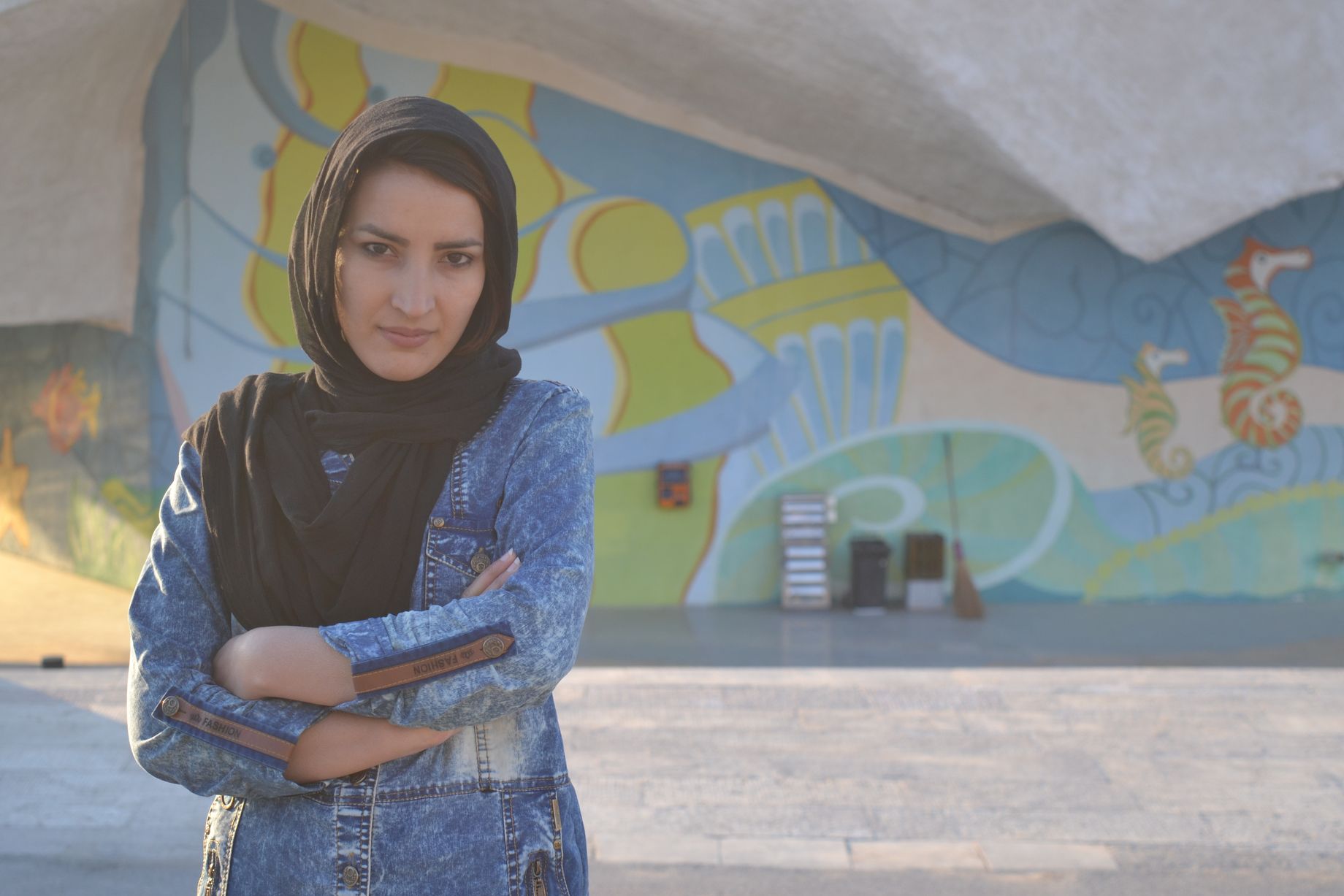The Genocide of the Hazara
In my project, I address the ongoing genocide against Hazaras in Afghanistan. I want to document and write about the memories and the experiences of institutional and informal discrimination, ethnic oppression and cleansing, and recurring waves of violence and mass murder that are intentionally inflicted on the Hazara by the ruling and terrorist groups of the country. After every incident of targeted mass killing – for example in May 2021, after the deadly suicide attack on the Saied al-Shuhada School in Western Kabul (one of the predominantly Hazara resident areas in the city) – a campaign to “stop the Hazara genocide” has escalated and received strong support and opposition from social media users. It is reported in international media outlets such as the BBC, VOA, The Wall Street Journal or The New York Times. The campaigns have come to a halt after a few weeks, the attention faded away, and after countless talks and controversies, the question of whether the deliberate and intentional killing of Hazaras in Afghanistan and even in the Hazara resident areas of Pakistan could be called genocide, remains unanswered. On the other hand, sophisticated research exists which proves that what is being done and has been done in Afghanistan against the Hazaras falls under the legal norm of genocide. Through a research-based approach of a theater and a novel project, I would like to address the question of genocide in Afghanistan, not with the intention to provoke further ethnic tension but to draw attention to the necessity of acknowledgement and action to end this crime against humanity. Through my affiliation with the Ernst Busch University of Performing Arts, I hope to develop a theater project. In a book-length collection of stories, I want to give voice to the memories, experiences and voices of the victims of an undeniable, unrecognized and forgotten genocide.


